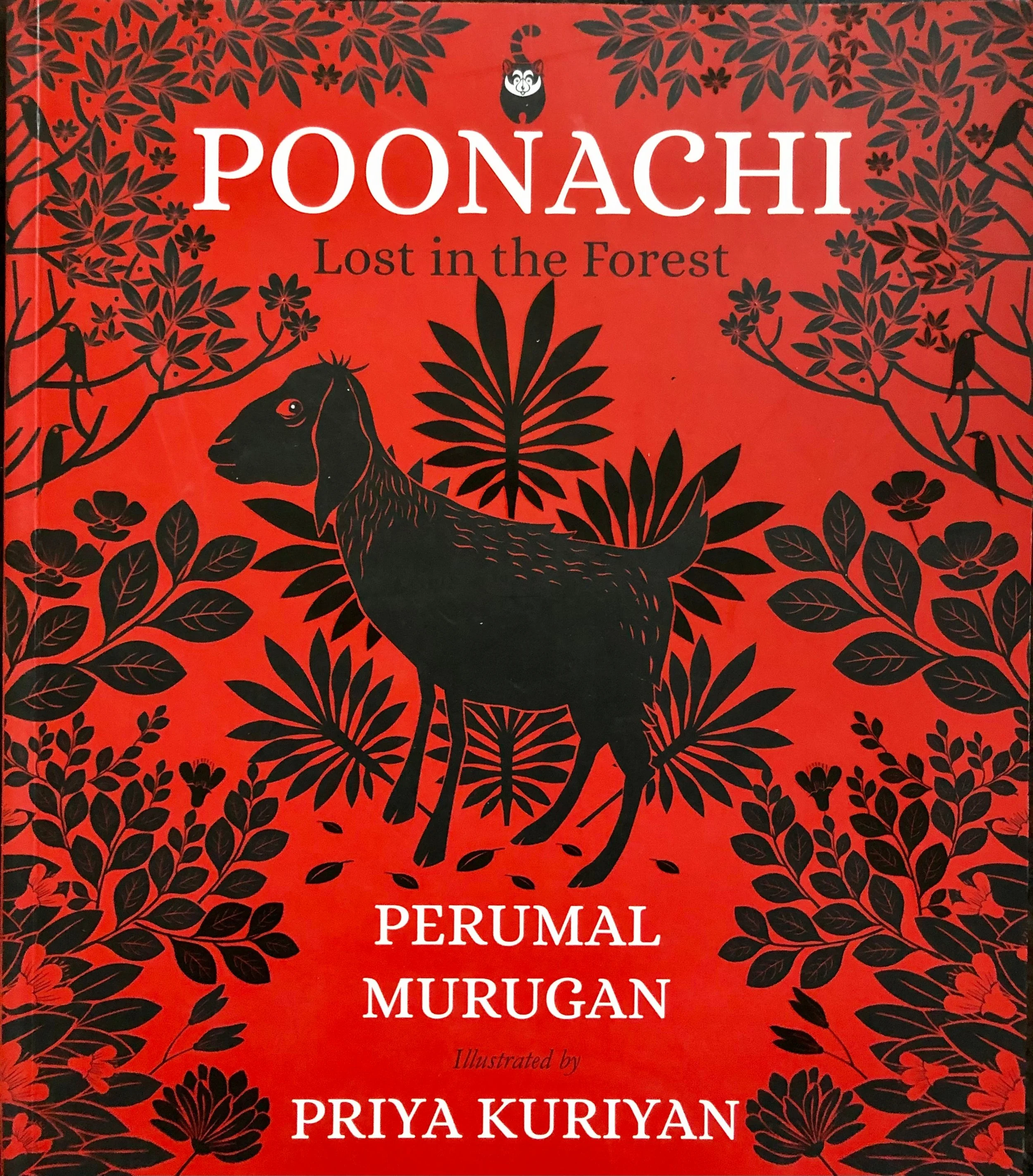Aragón’s own work doesn’t play second fiddle to Darío’s in this collection, either. Rather, Aragón carefully sets Darío up as a queer Central American elder and by the end of the collection, the relationship between them feels spiritual. Darío and Aragón strengthen one another in this collection. Whereas Aragón mines aspects of Darío’s life, line, and legend to speak to the present, he also uses his own openness about his queerness to open up this once silenced aspect of Darío’s life and work. In “Winter Hours”/”De Invierno,” Aragón transforms an image of Carolina into an image of Amado, and in “I Pursue a Shape”/”Yo Persigo Una Forma…”, Aragón transforms an image of Venus de Milo into an image of the David. Darío was closeted during his lifetime. As Aragón writes in an essay in Glow of Our Sweat, he himself was once shy about his sexual orientation, but has moved towards highlighting and being open about his queerness as a way of denouncing homophobia. These on-and-off-the-page moves on Aragón’s part are acts of inter-generational healing, creating a path for future queer artists of color to authentically present themselves to the world and define themselves on their own terms.
Lets put it another way: In my favorite poem in the collection, “Nicaragua in a Voice,” Aragón writes,
More than the poems
—the fruits that sang
their juices; dolls, feverish,
dreaming of nights,
city streets—for me it was
the idle chat between the poems:
cordial, intimate almost…
like a river’s murmur
as if a place—León,
Granada—could speak,
whistle inhabit
a timbre… as if, closing
my eyes, I had it again
once more within reach:
his voice—my father
unwell, won’t speak.
In After Rubén, Aragón finds a way to retrace many voices that were once crushed, once silenced, whether they belong to his father or one of the greatest Latin American poets in millennia. And that is a reward worth “more than the poems.”




